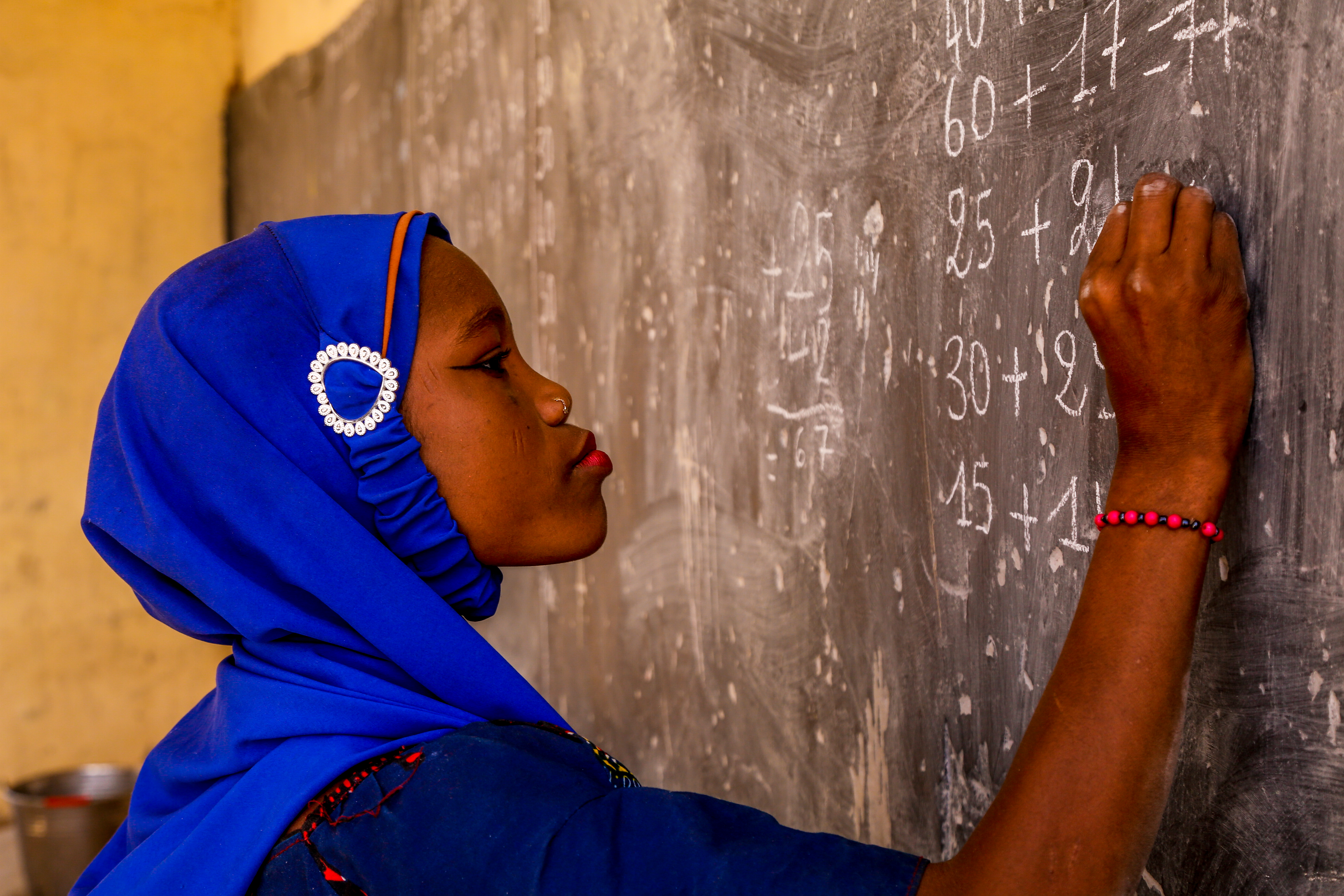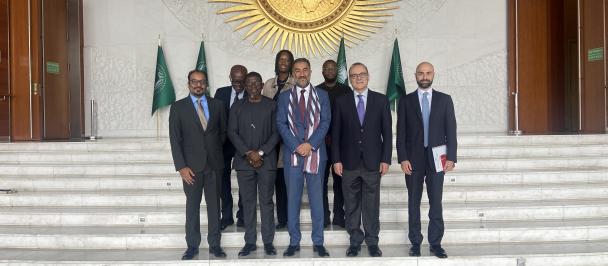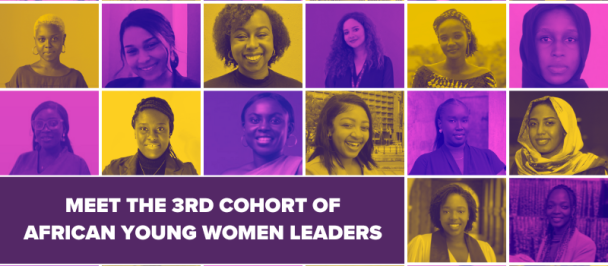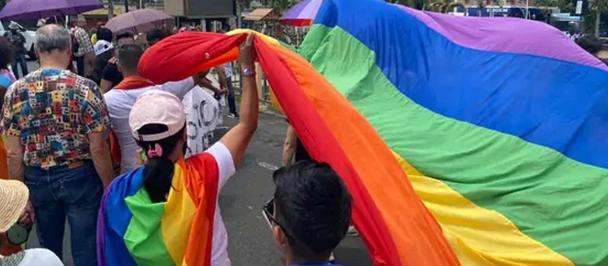The Government of Germany contributes another €25 million to rebuild communities affected by the Boko Haram conflict in the Lake Chad Basin
September 27, 2022

Berlin, 27th September 2022 – The Government of Germany has reaffirmed its commitment to the UNDP Regional Stabilisation Facility for the Lake Chad Basin with a new contribution of €25 Million, providing needed financing to sustain the joint efforts of UNDP and partners in rebuilding the lives of more than 30 million people affected by the Boko Haram insurgency in Cameroon, Chad, Niger, and Nigeria.
The new agreement will help boost the efforts in addressing the Boko Haram insurgency in the Lake Chad Basin, which continues to devastate and disrupt the lives and livelihoods of millions.
“This renewed funding demonstrates the strong leadership of the Government of Germany to sustaining the critical injection of integrated services in needy areas that help restore trust, rebuild lives, strengthen security and create conditions for the voluntary return of communities,” said Ahunna Eziakonwa, UN Assistant Secretary-General, UNDP Assistant Administrator and Regional Director for Africa.
“Our stabilisation efforts have shown us that development in fragile settings is possible”, said Heike Thiele, Director for Crisis Prevention and Stabilisation, Federal Foreign Office of Germany. “The Government of Germany is pleased to continue its collaboration with UNDP in promoting durable solutions for displaced populations and those affected by conflict. We hope our contribution will help manage the impact of mass population movements in those areas most affected,” she added.
Germany’s contribution will help address immediate needs resulting from the evolving security situation. The support will allow stabilisation activities to be scaled up to expand their reach into affected regions and populations and aid the Nigerian Government's efforts in managing the mass exit of former Boko Haram fighters.
For more than a decade, the Lake Chad Basin has grappled with acts of violent extremism and conflict that have given way to insecurity, mass displacements, food insecurity, closed or damaged facilities, and shrinking opportunities that have ultimately affected millions of lives. According to the UN Office for the Coordination of Humanitarian Affairs (OCHA) Lake Chad Basin Humanitarian Snapshot, 11 million people urgently need assistance, 5.5 million are food insecure, and 2.8 million are displaced. Furthermore, 1,037 schools are non-functional across the region due to violent attacks.
Since the launch of the Regional Stabilisation Facility in 2019, there has been a marked improvement in the security and perceived safety in intervention sites. The joint efforts of partners through the facility have allowed the voluntary return of over 70,000 internally displaced persons in the four countries of the Lake Chad Basin. Over 4,000 basic service infrastructures, such as health centres, market stalls, housing units, and schools, have been restored. More than 3,000 women and men have benefitted from livelihood opportunities. Nearly 600 pieces of solar power equipment have been installed for public lighting and other public services to enhance security.
The Regional Stabilisation Facility aims to increase the number of its intervention sites within the next two years. It will continue strengthening its partnership with the Lake Chad Basin Commission, the African Union and other partners to support the eight most affected territories of the Lake Chad Basin and create conditions for the safe and dignified resumption of life.
For More Information and Media Enquiries, Contact:
New York: Eve Sabbagh, Strategic Communications Specialist, UNDP Regional Bureau for Africa | eve.sabbagh@undp.org
Dakar: Ugochukwu Kingsley Ahuchaogu, Regional Communications Analyst, UNDP Sub-Regional Hub for West and Central Africa | ugochukwu.kingsley@undp.org
About the Regional Stabilisation Facility
The Regional Stabilisation Facility focuses on implementing the Regional Strategy for the Stabilisation, Recovery and Resilience of the Boko Haram-affected areas of the Lake Basin Region. Stabilisation initiatives help restore basic infrastructure and services and provide immediate livelihood support in conflict-affected and post-conflict parts of Cameroon, Chad, Niger, and Nigeria.
The facility is anchored on an approach promoting Sahelians' leadership, dignity, hope, and resilience consisting of funding from Germany, Sweden, France, the European Union (EU), the United Kingdom (UK), the Netherlands, and the African Development Bank (AfDB).
About UNDP
UNDP is the leading United Nations organisation fighting to end the injustice of poverty, inequality, and climate change. Working with our broad network of experts and partners in 170 countries, we help nations build integrated, lasting solutions for people and the planet.
Learn more at www.undp.org/africa

 Locations
Locations

